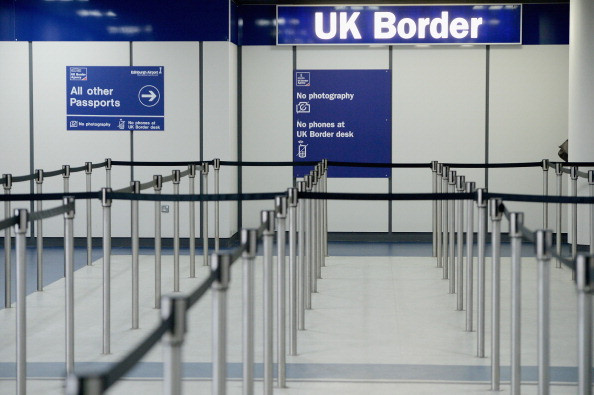UK immigration officials granted power to hack into refugee phones

The UK immigration officials have been authorised to hack into the phones and computers of refugees and asylum-seekers via a legislative amendment, which was passed in 2013. The Home Office has confirmed granting the snooping power which also allows access to data of rape and torture victims.
The Home Office told the Observer that the power was given via an amendment to the Police Act 1997 and has been in effect for the past three years. Immigration officials have the authority for "property interference, including interference with equipment", which allows access to refugees' phones and computers and also allows officials to plant listening devices in homes, cars and detention centres.
The revelation has triggered outrage among civil and human rights activists, who caution that the government is using outdated laws to further its intrusive technology-based spying powers. According to the Independent, a Home Office document reveals that around 700 immigration officials have the power to digitally snoop into the lives of refugees and asylum-seekers in the country.
The Home Office maintains that the power granted is to be used in preventing immigration-related crime. An official document claims that the authority was provided in order to ensure that "immigration officers can deploy a full range of investigative techniques to deal effectively with all immigration crime".
On 15 March parliament pushed ahead with the controversial Investigatory Powers Bill nicknamed snoopers' charter, despite severe criticism from various MPs. Quite like the powers granted to the UK Border Agency officials, the bill essentially enables government agencies to spy on all inhabitants within the UK.
Critics fear that such overwhelming surveillance powers might lead to interference in confidential relationships between lawyers and clients and even doctors and patients. The powers could also seriously undermine confidentiality in sensitive immigration cases, targeting one of the most vulnerable sections of society.
© Copyright IBTimes 2025. All rights reserved.






















